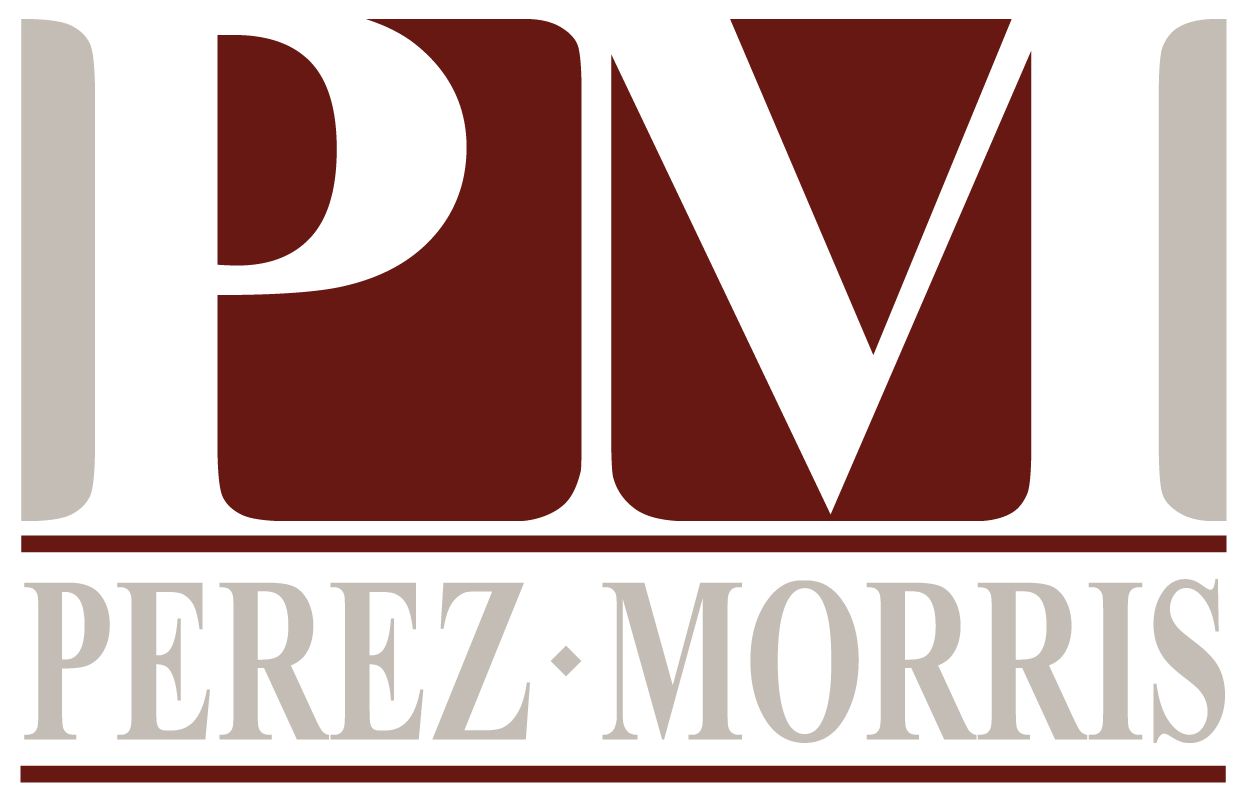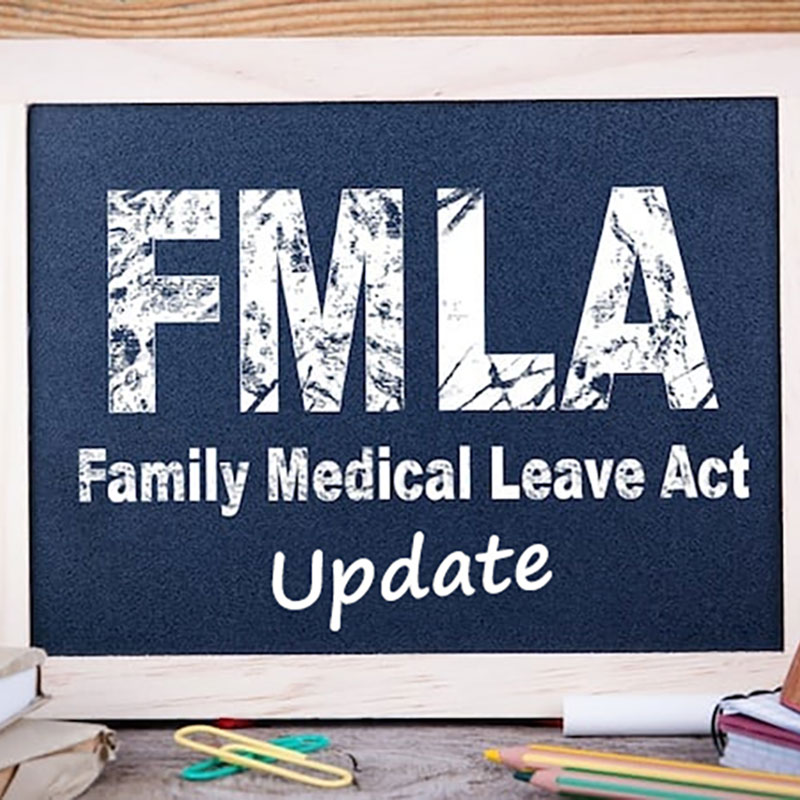The Family and Medical Leave Act (FMLA) was enacted in 1993 to provide eligible employees with unpaid leave of up to twelve (12 weeks) for certain family and medical reasons, including childbirth and newborn care, adoption, the care of a seriously ill family member, or the employee’s own serious health condition. However, since its passage in 1993, the FMLA has largely remained unchanged, with the exception of COVID and military-related amendments (i.e., military family leave).
Over the last 32 years, employees’ relationships and attitudes towards their jobs have changed, shifting focus from work to family. Work-life balance has become a major factor in recent years in prospective and current employees’ decision-making process, and employers and States have had to consider whether federal FMLA provisions meet the needs of their employees and citizens. Currently, fourteen (14) states plus the District of Columbia have enacted mandatory paid family leave requirements. Those states include Washington, Oregon, California, Colorado, Illinois, New York, New Jersey, Connecticut, Rhode Island, Massachusetts, Maine, Maryland, Minnesota, and Delaware. An additional ten (10) states have adopted voluntary paid family leave systems that allow employees to obtain leave benefits through private insurance. Those states include Texas, Arkansas, Tennessee, Kentucky, Alabama, Florida, South Carolina, Virginia, Vermont, and New Hampshire. Still, more states are considering legislation to enact or further expand paid leave.
In Illinois, the Illinois General Assembly is considering legislation to expand leave to those whose child is a patient in a neonatal intensive care unit (“NICU”). The Illinois Family Neonatal Intensive Care Act would require private and state employers with 16-50 employees to provide up to 10 unpaid days of leave while their child is in the NICU. For larger employers with 51 or more employees, the requirement is raised to up to 20 unpaid days.
In Iowa, the State enacted paid parental leave for state employees. Effective July 1, 2025, the law provides up to four (4) weeks of paid leave for a parent who has given birth that can be used following the use of accrued sick time, one (1) week of paid leave for a non-birthing parent, and up to four (4) weeks of paid leave for a parent adopting a child.
In Michigan, legislation has been introduced in the Michigan Senate to establish Michigan’s Family Leave Optimal Coverage Act. If passed, employees would be eligible to receive up to 65% of the State’s annual weekly wage during the twelve (12) weeks of leave. The Michigan Department of Labor and Economic Opportunity Director would set the contribution rate of employers, while the State Treasurer establishes a fund where payroll contributions would be deposited. Employers would be permitted to opt out of the State’s plan if the employer has a private plan with the same obligations.
In Pennsylvania, legislation is being considered to create a paid family leave program. The Family Care Act would require the Pennsylvania Department of Labor & Industry to create and administer a paid family leave program for eligible citizens with between twelve (12) and twenty (20) weeks of paid leave, depending on the reason for eligibility. Individuals caring for new children, family members with serious medical conditions, pregnant individuals, and victims of violence would be eligible for this program. Paid leave benefits would be funded through mandatory payroll contributions and paid out of a newly created Family and Medical Leave Fund.
In Oklahoma, the Oklahoma Senate’s Economic Development, Workforce, and Tourism Committee unanimously approved a bill requiring a third-party actuarial study on the implementation of a statewide paid family and medical leave insurance program. The study would address eligibility standards for workers, leave duration, and premium rates.
Cultural and priority changes within the workforce have led States to act and fill gaps left by the federal FMLA. Employers must also continue to evolve with the workforce and address the changing needs of their employees. To do so, employers should draft policies that ensure compliance with state-specific laws while also crafting processes that work across state lines. Employers should also keep up to date with pending leave legislation and seek the advice of counsel to navigate pending and recently enacted leave legislation.
- Legislative Scoop: Pending Leave Legislation by Jane Bjorklund
- Paid leave for New Parents Arrives July 1 by Anne Krapfl, inside.iastate.edu
- Paid Family Leave Proposal Moves by Liz Gullett, mlcmi.com
- Bipartisan paid family leave bill advances in Pennsylvania House by Justin Sweitzer, cityandstatepa.com
- Oksenate.gov

Jason T. Whitehead II joined Perez Morris in 2023, where he focuses his practice on workers’ compensation and employment litigation matters. Prior to joining Perez Morris, Jason was an Assistant Prosecutor for the Cuyahoga County Prosecutor’s Office. He previously worked as an associate attorney at an Ohio workers’ compensation law firm. You can reach him at jwhitehead@perez-morris.com or (216) 423-5948. Read more

